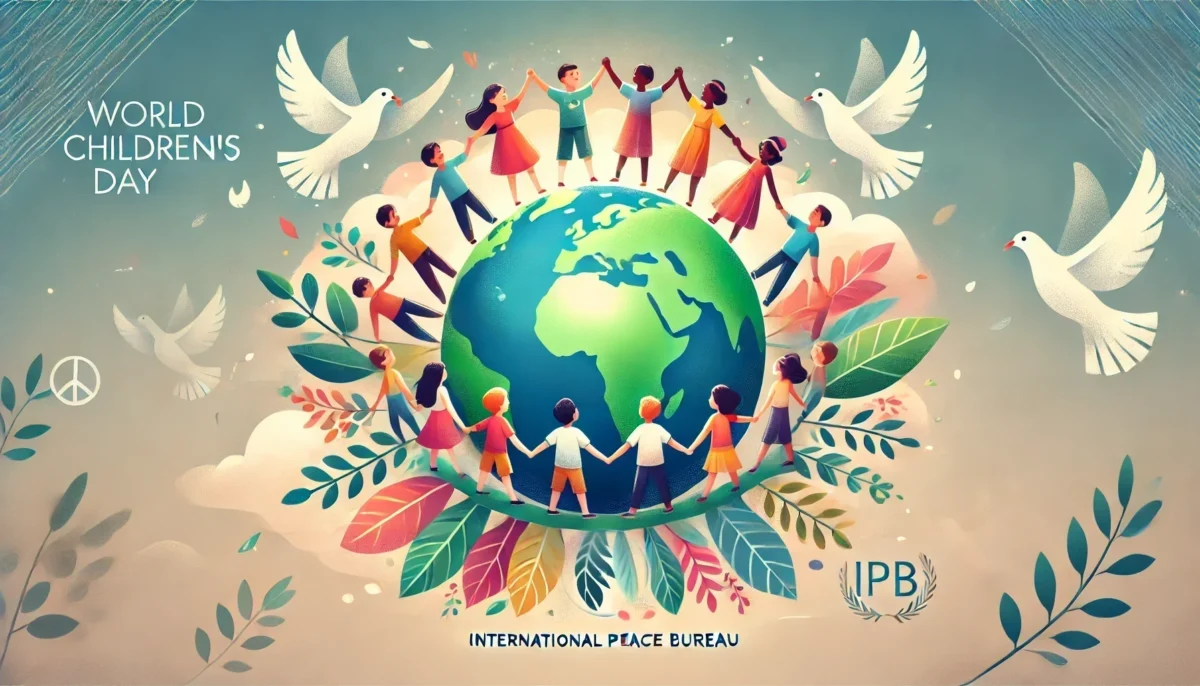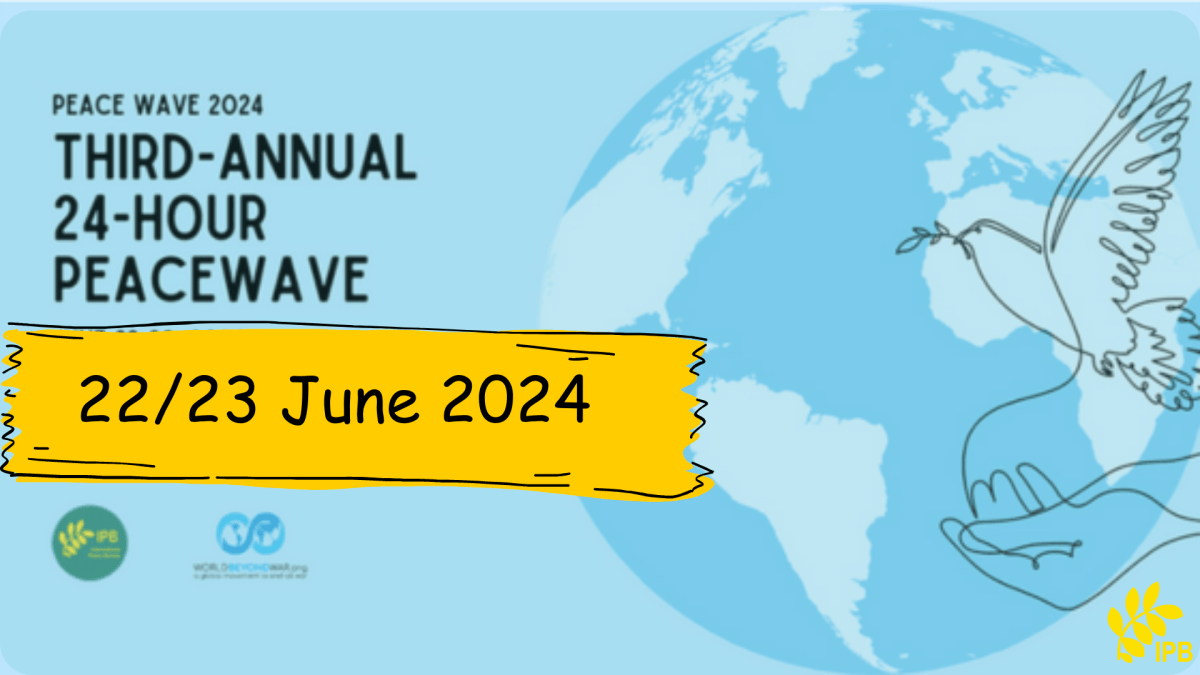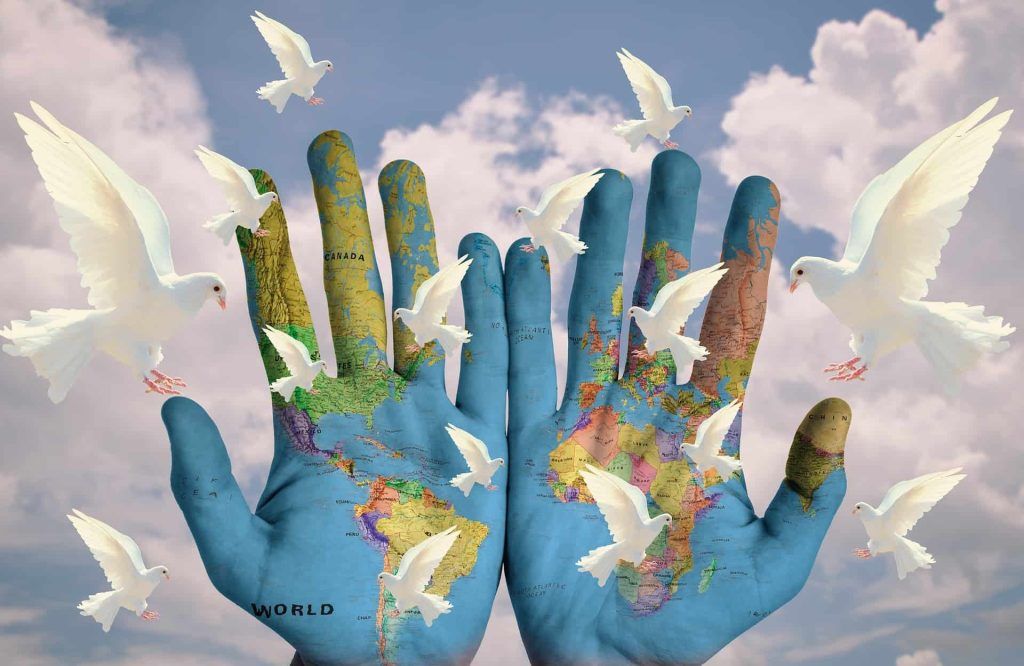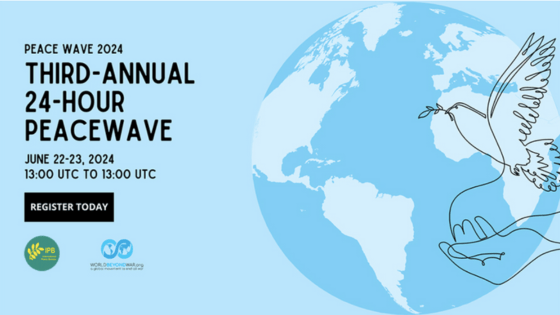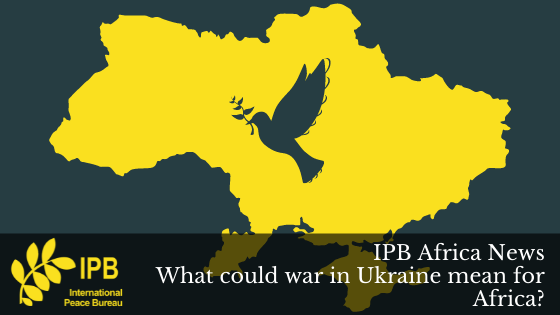Every year on November 20, the world celebrates World Children’s Day, a moment to honor and advocate for the rights and well-being of children and youth everywhere. It’s a day to reflect on their pivotal role in building a peaceful, sustainable future and renew our commitment to creating an environment where every child can grow free from war and conflict.
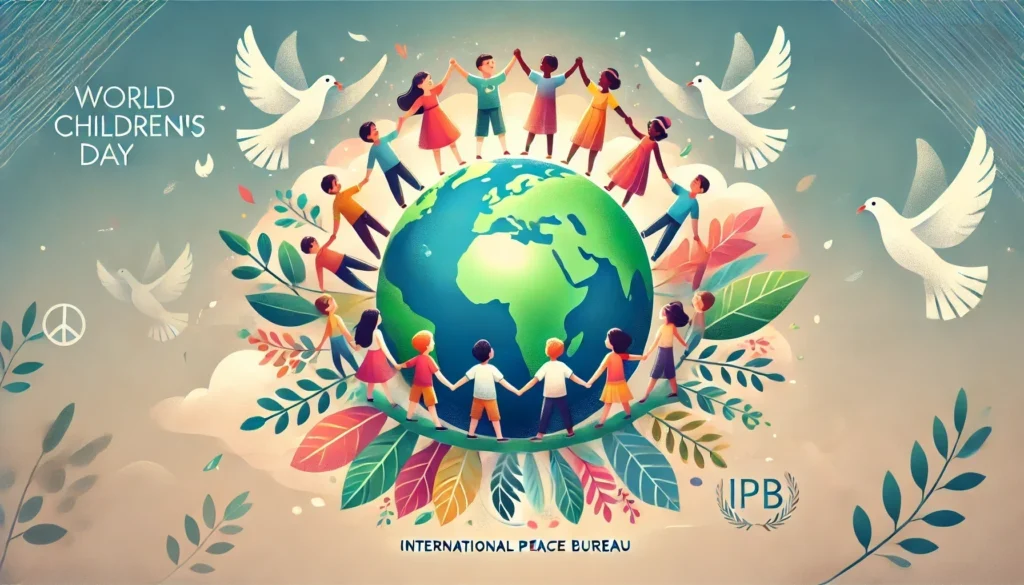
Children’s Right to Peace: A Fundamental Human Right
Children and youth have the undeniable right to live in peace and security. This is enshrined in the United Nations Convention on the Rights of the Child (UNCRC), adopted in 1989. The UNCRC, the most widely ratified human rights treaty in history, underscores children’s right to protection from violence, exploitation, and war (Article 38). It also highlights their right to survival and development (Article 6) and the importance of providing opportunities for children to voice their opinions (Article 12).
However, despite these commitments, millions of children around the world continue to suffer the devastating consequences of conflicts and wars. According to UNICEF, over 420 million children—nearly one in five—live in conflict zones today. These children face threats to their lives, education, health, and mental well-being. They are robbed of their childhoods, their voices silenced in the chaos of violence.
Supporting Children and Youth is Essential
This World Children’s Day, let us reaffirm that peace is not just a goal but a fundamental right for every child. Providing a safe and nurturing environment is critical, not only for their well-being but also for the future of our global society. Supporting children to live in peace means:
- Ensuring access to quality education, which fosters understanding, tolerance, and critical thinking.
- Protecting children from recruitment into armed forces or exploitation.
- Offering psychosocial support to heal the trauma caused by wars and conflicts.
- Promoting equal opportunities for every child, regardless of their background or circumstances.
International conventions like the Geneva Conventions and Optional Protocols to the UNCRC on the involvement of children in armed conflict reinforce the obligation of states to protect children from the direct impacts of war and ensure their rights are upheld.
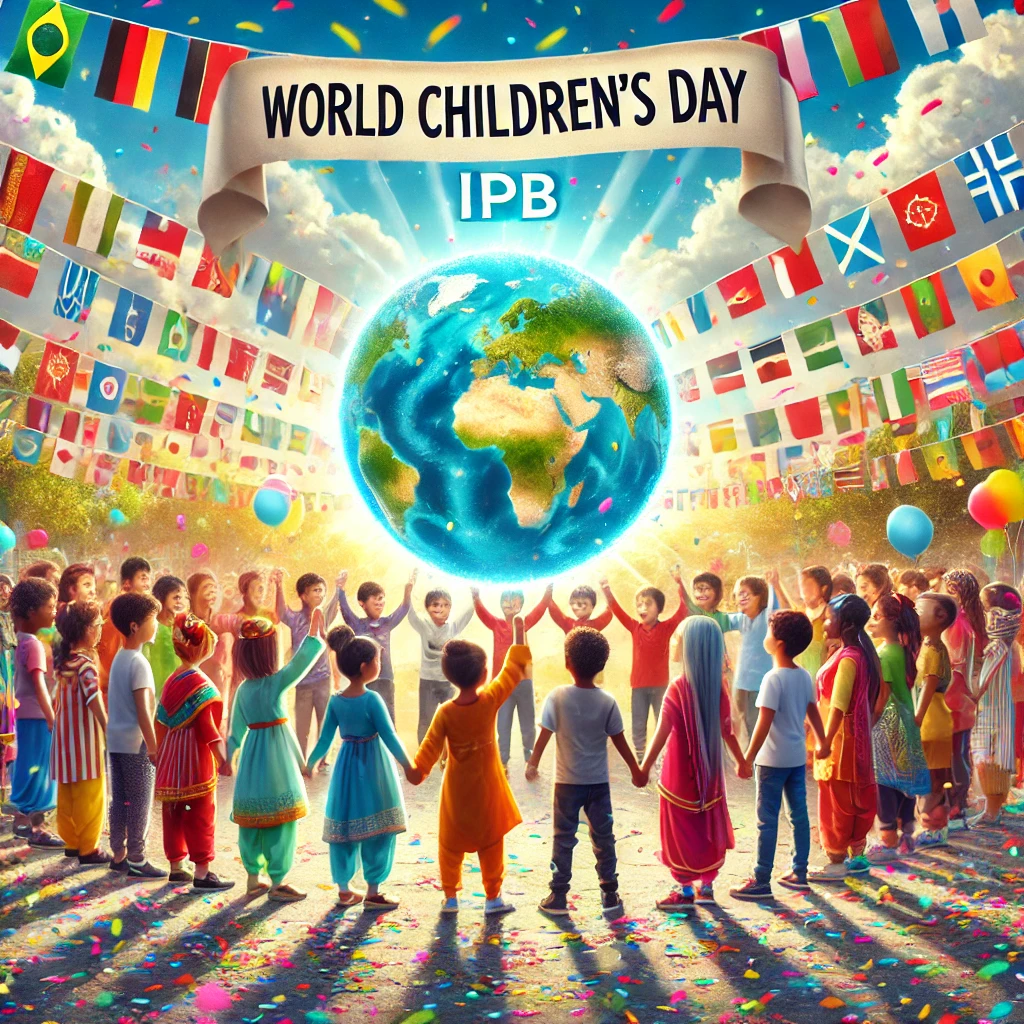
Children and Youth in Peacebuilding
Children and youth are not only victims of conflict—they are also powerful agents of change. When given the opportunity, they can play a crucial role in fostering peace and reconciliation. Engaging them in peace work is an investment in building a more stable and harmonious world.
Programs that empower children to participate in decision-making processes, peace dialogues, and community-building initiatives have shown remarkable success in fostering resilience and understanding.
As the future generation, children and youth will inherit the responsibility of establishing the foundations of peace. It is vital to equip them with the skills, knowledge, and platforms they need to become active peacebuilders in their communities and beyond.
A Global Call to Champion Children’s Rights
On this World Children’s Day, the International Peace Bureau calls upon governments, organizations, and institutions worldwide to take decisive action:
- Prioritize children’s rights in all policies and programs, ensuring their protection and empowerment.
- Integrate children and youth into peacebuilding efforts, providing platforms for their voices to be heard and respected.
- Promote the culture of peace, addressing the root causes of conflict and fostering understanding and cooperation across divides.
- Support global and local initiatives aimed at providing education, healthcare, and security to children in conflict zones.
Let us use this day as a time to think deeply about the millions of children around the world who are living through endless cycles of violence. Let us imagine their potential, their dreams, and their capacity to create a brighter future—if only we give them the chance.
Together for a Peaceful Future
World Children’s Day is more than a celebration; it is a call to action. A call to recognize that the well-being of children is linked to the well-being of our world. By championing their rights and involving them in the peace process, we are not only fulfilling our obligations under international laws and conventions—we are also laying the groundwork for a peaceful, equitable future for all.
Together, we can empower the next generation to lead the way toward a brighter, more peaceful tomorrow.

